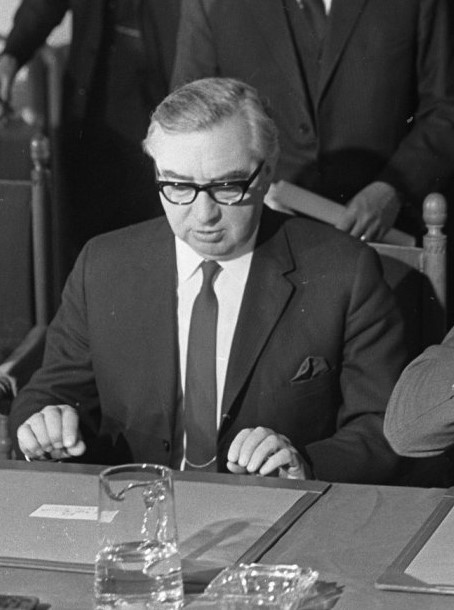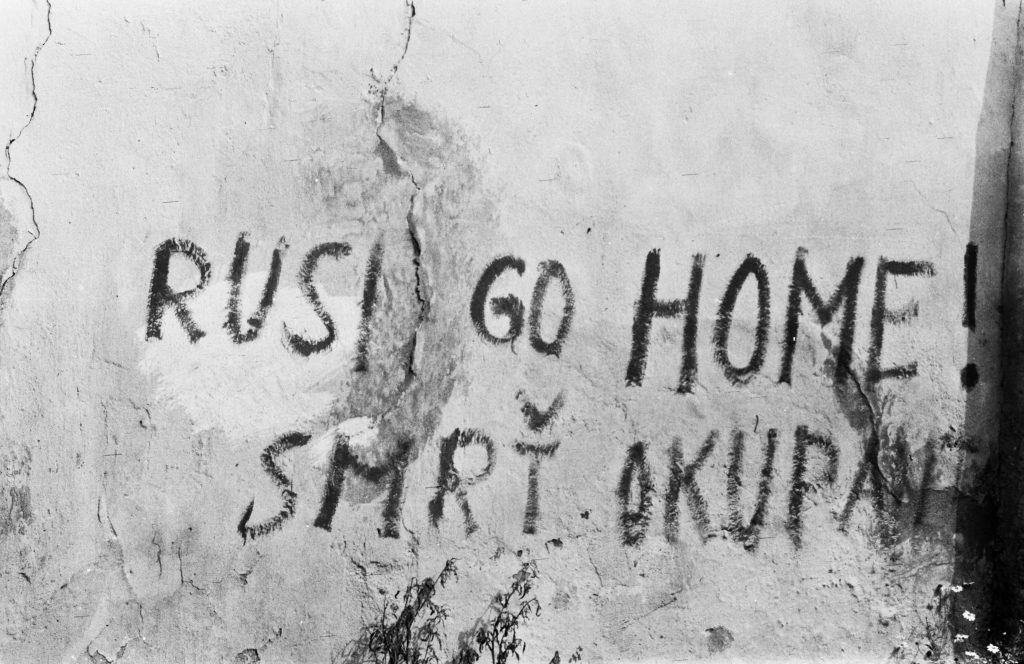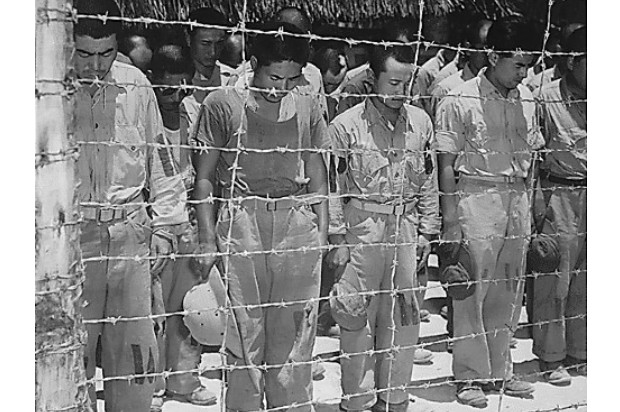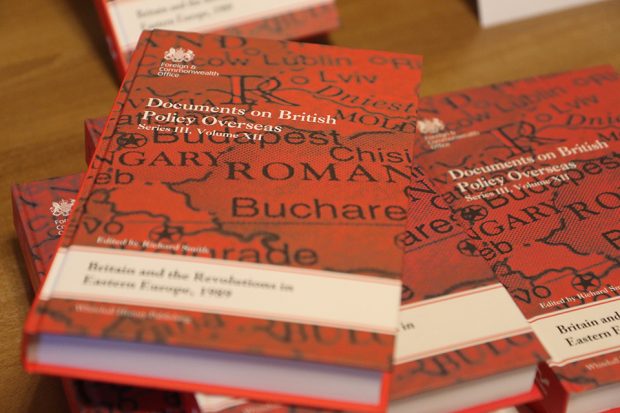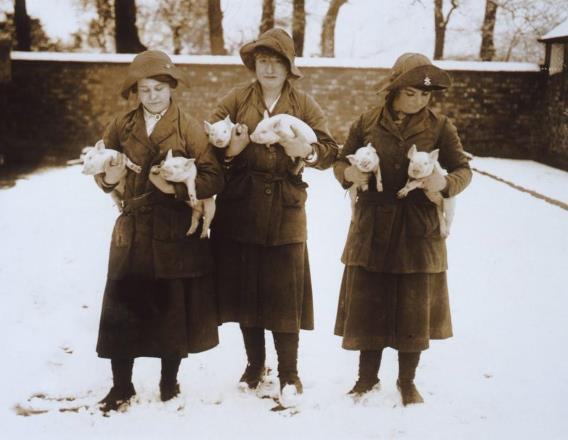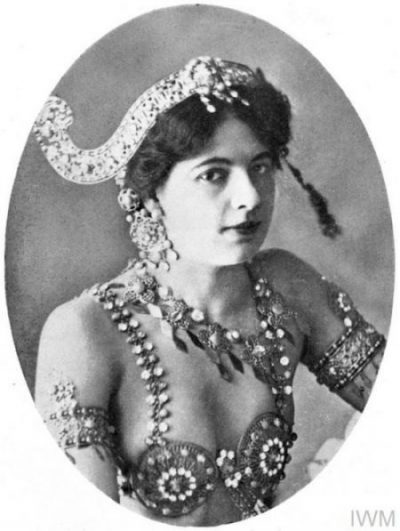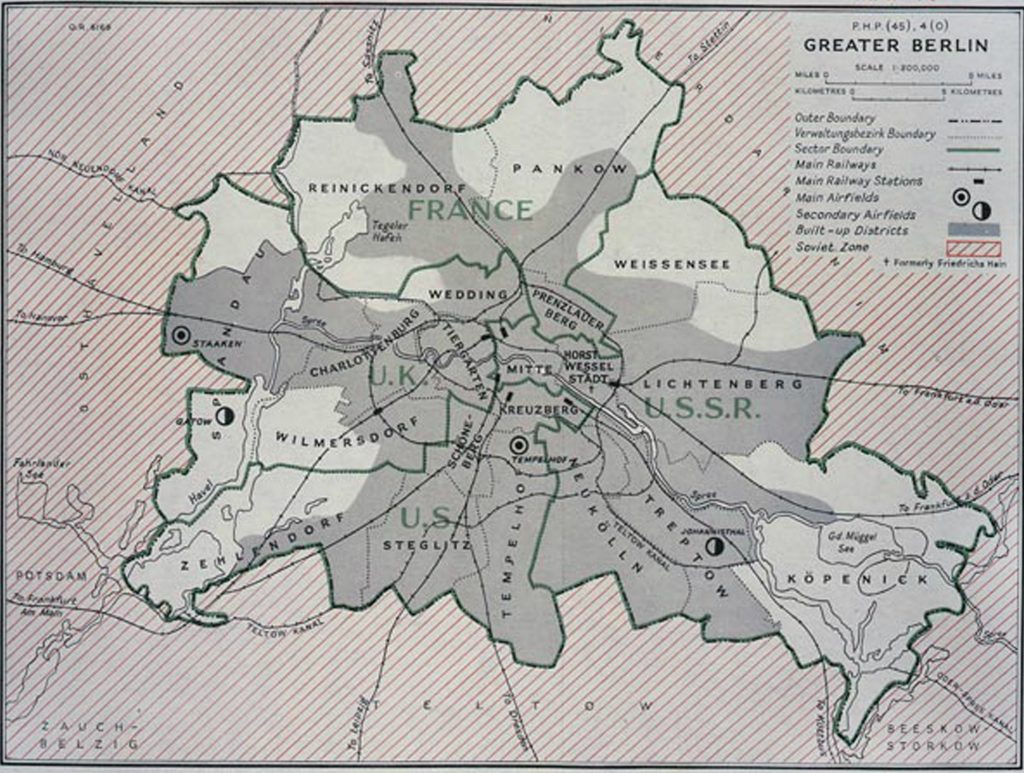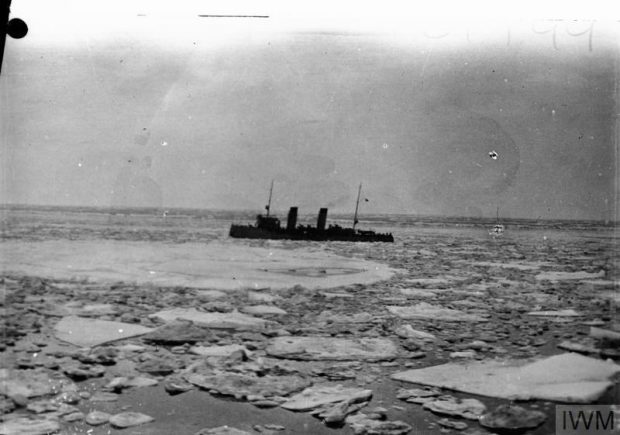Search results for VIPREG today betwinner promo code East Timor
...US government who gave him a hard time in Washington. Britain could not sustain a large military presence in the Far East and Middle East as well as Europe without...
...in Western security (just as Moscow suspected Western wedge-driving in the East). But in a Presidential election year the US government was disinclined to get involved in Eastern European affairs,...
...Far East as much as to Europe. For that reason, Stalin continued to hedge his bets in the bitter struggle in China between Chiang Kai-shek’s Nationalist government - signatory of...
...XII: Britain and the Revolutions in Eastern Europe, 1989 (Routledge, 2020) Witness seminar: British Embassies and the East European Revolutions of 1988–89 Transformational Diplomacy after the Cold War: Britain's Know...
...arrive and were often written in code in case they were stolen by foreign spies. When his conduct at the 1814 Congress of Vienna was later challenged in Parliament, Castlereagh...
...that symbolised their service to the war (Figures 3 and 4); a code of conduct (although this was not uniform across the counties), and faced disciplinary action for misdemeanours.[12] Whilst...
...Using a German code which he knew had been broken by the British, he transmitted the message ‘The British are now running France’. Unsurprisingly, the French intercepted it. In spring...
...divided in two, in Churchill’s words, by an iron curtain, with communism versus capitalism, and East versus West. Nowhere was this division more apparent than in Berlin, a city divided...
The Yalta Myth Between 4 and 11 February 1945, while the Second World War still raged both in Europe and in the Far East, the ‘Big Three’—Roosevelt, Stalin and Churchill—met...
...ending, at least in the victorious countries. The armistice was agreed at 5.10am on 11 November to come into effect at 11am. The news was conveyed around Europe within the...
